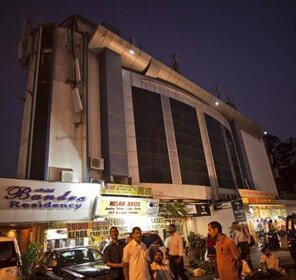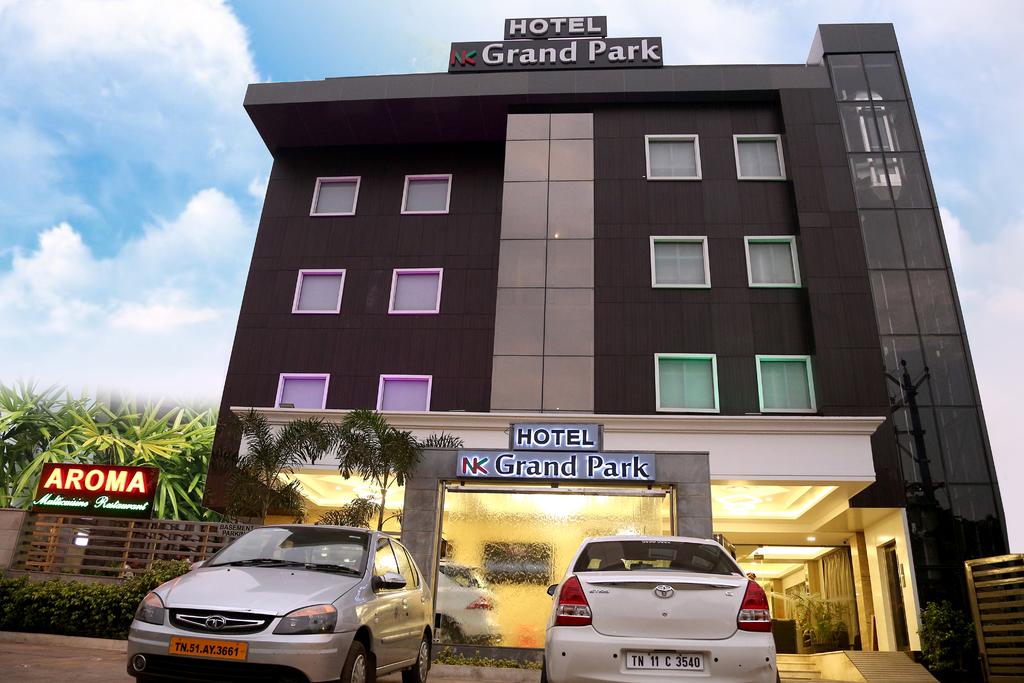

Part of the training was reported to have taken place on the Mangla Dam reservoir in Pakistan. Training Ī group of men, sometimes stated as 24 and at other times 26, received training in marine warfare at a remote camp in mountainous Muzaffarabad in Pakistan. According to the Mumbai Police, the bombings were carried out by Lashkar-e-Taiba (LeT) and Students Islamic Movement of India (SIMI). On 11 July 2006, seven bombs exploded within 11 minutes on the Suburban Railway in Mumbai, killing 209 people, including 22 foreigners and more than 700 injured. At least 44 people were killed and 150 injured.

On 25 August 2003, two bombs exploded in South Mumbai, one near the Gateway of India and the other at Zaveri Bazaar in Kalbadevi. On 28 July 2003, a blast in a BEST bus in Ghatkopar killed 4 people and injured 32. On 13 March 2003, a day after the 10th anniversary of the 1993 Bombay bombings, a bomb exploded in a train compartment near the Mulund station, killing 10 people and injuring 70. A bicycle bomb exploded near the Vile Parle station in Mumbai, killing one person and injuring 25 on 27 January 2003, a day before the visit of the Prime Minister of India Atal Bihari Vajpayee to the city. The bombing occurred on the 10th anniversary of the demolition of the Babri Mosque in Ayodhya. On 6 December 2002, a blast in a BEST bus near Ghatkopar station killed two people and injured 28. The 1993 attacks were carried out in revenge for earlier religious riots that killed many Muslims. There had been many terrorist attacks in Mumbai since the 13 coordinated bomb explosions that killed 257 people and injured 700 on 12 March 1993. In 2022, one of the masterminds of the attack, Sajid Majeed Mir -who had been earlier claimed to be dead by the Pakistan Government- was convicted for funding terrorist activities by an anti-terrorism court in Pakistan. In 2018, former Pakistani prime minister Nawaz Sharif suggested that the Pakistani government played a role in the 2008 Mumbai attack. On 9 April 2015, the foremost ringleader of the attacks, Zakiur Rehman Lakhvi, was released on bail and disappeared he was arrested again in Lahore on 2 January 2021. Pakistan later confirmed that the sole surviving perpetrator of the attacks was a Pakistani citizen. Ījmal Amir Kasab, the sole surviving attacker, disclosed that the attackers were members of the terrorist group Lashkar-e-Taiba, and were controlled from Pakistan, corroborating initial claims from the Indian Government. On 29 November, India's National Security Guards (NSG) conducted Operation Black Tornado to flush out the remaining attackers it culminated in the death of the last remaining attackers at the Taj Hotel and ended the attacks. By the early morning of 28 November, all sites except for the Taj Hotel had been secured by the Mumbai Police and security forces. There was also an explosion at Mazagaon, in Mumbai's port area, and in a taxi at Vile Parle.

Įight of the attacks occurred in South Mumbai: at Chhatrapati Shivaji Terminus, the Oberoi Trident, the Taj Palace & Tower, the Leopold Cafe, the Cama Hospital, the Nariman House, the Metro Cinema, and in a lane behind the Times of India building and St. A total of 175 people died, including nine attackers, and more than 300 were wounded. The attacks, which drew widespread global condemnation, began on Wednesday 26 November and lasted until Saturday 29 November 2008.
#Hotel mogul palace mumbai maharashtra series#
Trip.The 2008 Mumbai attacks (also referred to as 26/11, pronounced "twenty six eleven") were a series of terrorist attacks that took place in November 2008, when 10 members of Lashkar-e-Taiba, an Islamist terrorist organisation from Pakistan, carried out 12 coordinated shooting and bombing attacks lasting four days across Mumbai.


 0 kommentar(er)
0 kommentar(er)
